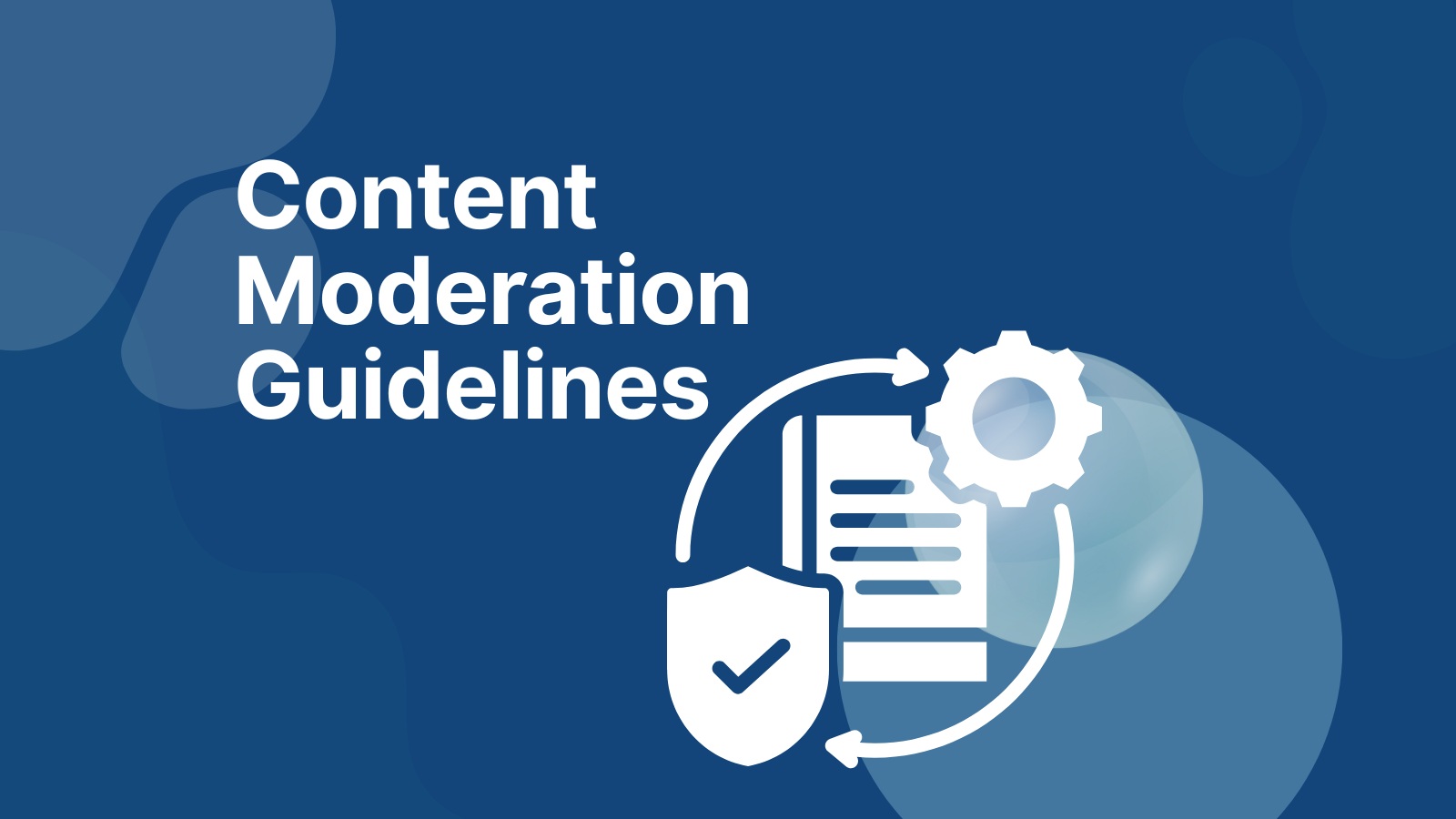DSA scope in focus: I have a comments section, does the DSA apply to me?

Agne Kaarlep, Head of Policy & Advisory Services at Tremau
What is the DSA?
The DSA is a landmark regulation setting out rules for services that enable sharing of user generated content (e.g., text, multimedia, products, etc) operating in the EU. With the new law in force, companies of all sizes and across various sectors (e.g., media, marketplaces, gaming, dating, etc) will be required to put in place, by 2024, enhanced processes and procedures around content moderation to tackle the spread illegal content and protect user rights online. In our previous blog post, we spoke about whom the DSA applies to and how the obligations on the different services are cumulative. As a recap, basic obligations apply to all services that facilitate user generated content (intermediary services) and additional obligations would be added on top for those services that also host content (hosting service providers) with further additional and more stringent rules on those that make this content available to the public (online platforms). In this article we will explain within which bucket the services that have a comments section (e.g. from readers, users, customers, etc.) fall and what are the new associated obligations.
Does having a comments section qualify my services as a hosting service?
In short: Yes. Having a comments section on your platform qualifies your services, at minima, as a hosting service. More precisely, a hosting service in the meaning of the DSA is a service that stores user generated content (UGC). Perhaps owing to the fact that the definition is rather simple, it also encompasses a whole host of services, which are very different in type, size and business model. The category includes webhosting companies like AWS or GoDaddy, file storage and sharing like Dropbox, marketplaces like Amazon and Alibaba, as well as social media services like Facebook. Because there are no exemptions based on size or type of the service, hosting services also include some services, which may come as a surprise, such as the comments sections of online newspapers and blogs as well as user reviews on e-commerce websites.
Does a comments section also qualify my services as an “online platform”?
Short answer: It depends.
In fact, there are three basic cumulative criteria that can make a hosting service also fall under the DSA’s online platform category:
- The service allows for its users to disseminate content to the public;
- The dissemination to the public is not an ancillary feature to the main service;
- The service is provided by a medium or larger sized organization (defined here as over 50 employees and over 10 million euros in annual turnover)
Let’s look at the first two conditions in more detail:
- Dissemination of content to the public designates services that allow user generated content to be available to more than their selected group of friends, family or colleagues. This is however not as limiting as it sounds, as it counts whether the content can be potentially shared with an unlimited group of people. This includes social media services and marketplaces, but excludes services like cloud computing services and web hosting services.
- There are services, which disseminate content to the public, but where dissemination of UGC is only an “accompanying feature” (or ancillary feature) of the main service. Online newspapers are an excellent example of this. The main service is disseminating news, something not covered by the rules of the DSA. However, they often allow users to comment and interact with each other in response to articles, something which is covered by the DSA but is only an ancillary feature of their service. Ancillary, in this context, means that the feature is a minor part of the main service and cannot be used without it – a comments section on a newspaper article cannot exist in isolation so it would not be considered as an online platform. On the other end of the spectrum, platforms like Reddit for example, where user comments are a main feature of the service would qualify as online platforms.
What does this mean for my services?
Concretely, even if you are an online newspaper allowing your readers to exchange their views below the articles you publish or an e-commerce website where users can leave reviews of the product: Yes, the DSA applies to you. You are, in this case, most probably a hosting service provider and need to comply with a number of obligations set out in the regulation.
What obligations do I have?
Under the DSA, hosting services have a number of basic obligations, which apply to all services that facilitate the transmission of user generated content as well as some additional obligations. Some of these obligations will be likely relatively easy to implement, such as establishing a single point of contact and ensuring responses to legal requests from authorities.
Others, will likely require significant operational changes, such as implementing a notice and action mechanism ensuring that all user notices are processed in a timely manner and that appropriate feedback is given to the user who notifies illegal content.
Another challenging obligation is that under the DSA every single user whose content is moderated (say, removed or blocked) needs to be provided a statement of reasons. Finally, all data points around all content moderation decisions need to be logged and quantified to be able to issue a yearly transparency report.

Seems like a lot?
We can help. Tremau and Utopia are here to assist you:
Tremau’s software solution provides a single trust & safety content moderation platform that offers compliance as a service and integrates workflow automation and other AI tools. The platform ensures that providers of online services can respect all DSA requirements while improving their key trust & safety performance metrics, protecting their brands, increasing handling capacity, as well as reducing their cost and reporting burden.
Utopia AI enables automation of UGC moderation with unprecedented effectiveness and efficiency through advanced AI content moderation, and it is integrated into Tremau’s platform. Tremau also offers advisory services, which can help you map and examine your current compliance level, providing a readiness assessment and a roadmap to compliance.
Want to learn more?
Check out our case studies or contact us if you have questions or want a demo.
















